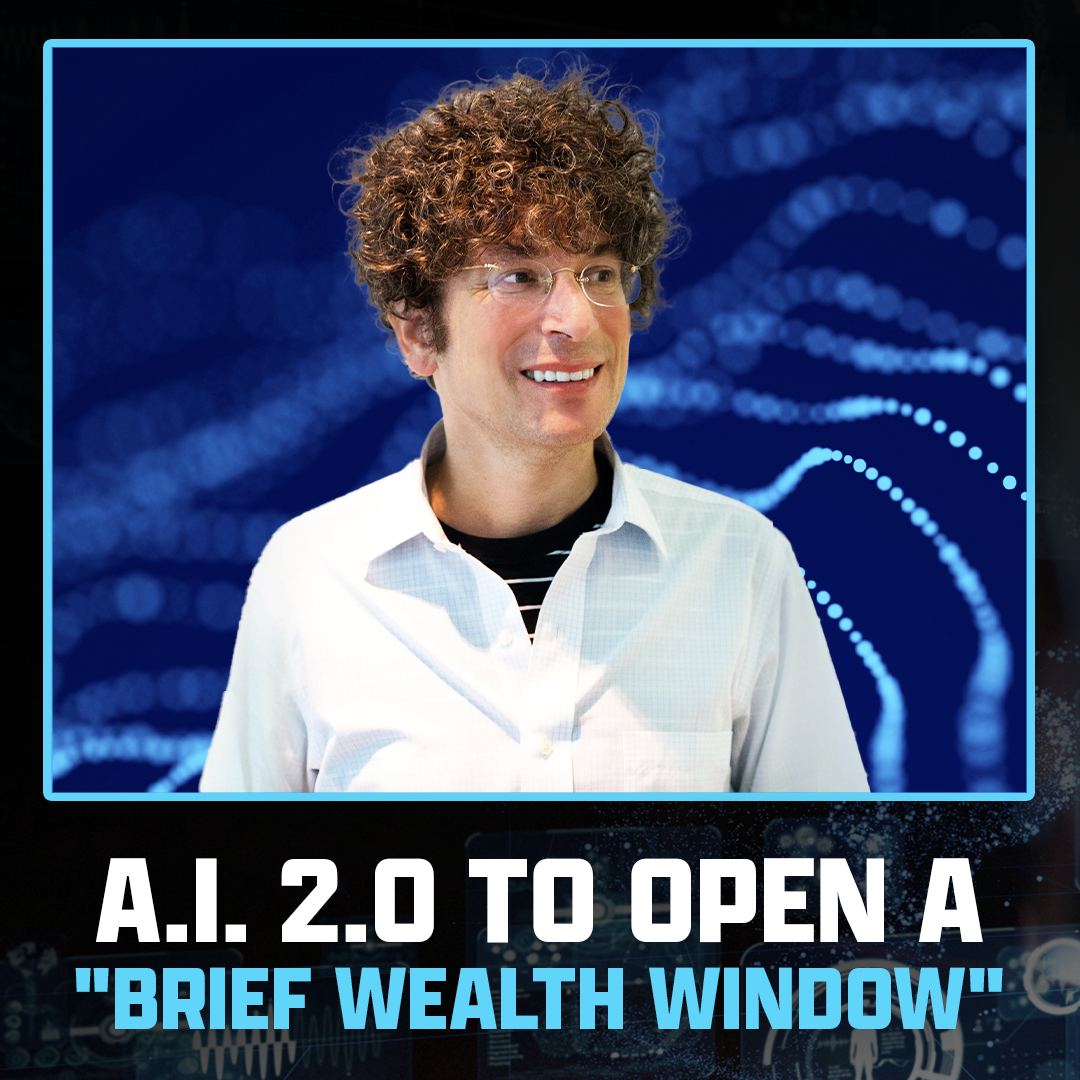Editor’s note: In this weekend’s video I talk about investing in renewables, a couple of recent takeovers on the ASX, and a renewable energy ETF on the Nasdaq that is on an immense run. Click the thumbnail below to view.
If the last 10 weeks of sideways trading on the ASX showed us anything, it’s that growth and future prospects matter more to investors than value, for now.
And I’d have little qualms tipping an oil company if the right combination of factors were behind it.
But I think many of the big oil and LNG companies are potential ‘value traps’.
They look good at first glance but aren’t in line with the big trends in the finance plus energy equation.
Today, I’m going to start this Money Morning weekend edition with a bit of theory.
Because it goes right to the heart of the whole oil versus renewables debate.
Four Innovative Aussie Stocks That Could Shoot Up after Lockdown
Milton Friedman is now public enemy number one!
Milton Freidman advanced the shareholder theory of business — meaning the main priority of a business should be maximising shareholder value.
Makes sense to me.
But Friedman’s theory is getting publicly trashed, hung, and quartered — aired out.
Everyone in the ESG camp looks at Friedman as if he is public enemy number one.
Friedman was a big oil crony, a tobacco lackey, or whatever industry is next for the guillotine.
But the simplicity of his theory doesn’t mean there isn’t nuance to it.
Pillorying one of the great economists of the last century is largely an exercise in ESG defining itself by what it is not.
The point I am trying to make, is that the top-down approach to corporate social responsibility, to a degree, infantilises consumers.
People can vote with their feet!
There is a middle ground to be found in Friedman’s theory — namely that bottom-up consumer behavioural changes matter in this debate.
If we want cleaner energy, then buy from providers that match your ideals — there are now plenty of options to do this in Australia.
Voting with our money
Oil companies are going to do the oil thing until we force their hand.
And I see little wrong with them attempting to derive the most value for shareholders in the meantime.
But consumer behavioural changes are forcing companies to change the way they go about things — and they are getting crafty.
Advertisement:
Will this no-name stock rule the ‘Aussie Mining Boom 2025’?
It’s showing all the traits, ambition and foresight that Andrew Forrest’s Fortescue Metals had in the early 2000s.
Market cap just $270 million.
And a gameplan that’s addressing many of the same challenges Fortescue Metals Group faced in the 2000s.
This very small company is about to unlock a very big deposit.
The largest of its kind IN THE WORLD.
Its potential has arrived from nowhere, busting into ‘Tier 1’ status and attracting mining behemoths…including Rio Tinto.
This has all the makings of a classic rags to riches story. Click here for the full take.
We are in essence voting on our preferred state of the world every time we use money.
After all, it’s ours until we choose to make it someone else’s.
Now, it may get me in trouble for saying this…
But consumer relations as a result of ESG may be forcing big companies to change their public tune more so than their actual practices.
I suspect there’s a lot of fluff out there in terms of PR campaigns that are designed to provide a veneer of respectability, while the underlying models remain the same.
After all, if a PR campaign is what is needed to maximise shareholder value — then that’s what a company should do.
So, I think in some ways Friedman is still right — it’s just that the rules of the game have changed.
It’s not just about mindlessly trying to create shareholder value — companies must actually create it, in a way that recognises the social mores of the time.
What this means for renewables
Similar to what I said at the start, if I thought an oil company could go exponential, then I’d look into tipping it.
That’s what we do at Exponential Stock Investor — and we are sector agnostic.
Meaning anywhere there is an exponential trend, we will drill down on the specific companies that will benefit from that trend.
Like Friedman’s position, you could call it the subscriber theory of investment newsletters. We try and maximise value for subscribers, and that’s it.
And this is where renewables come in — we are simply following the money on this one.
As my colleague Ryan Clarkson-Ledward said in his Thursday piece, a ‘Green wave is coming’.
And if ESG and corporate social responsibility is going to drive money towards green projects, then you should be looking to capitalise.
Some projects will be better than others — so you will need to be smart about which companies you back.
You should watch this space with a steely-eyed clarity, not with idealistic thoughts of moral purity.
Investors don’t need to be saints — they just need to back the future changes in the world before they happen.
Regards,
 |
Lachlann Tierney,
For Money Weekend
PS: Our publication Money Morning is a fantastic place to start on your investment journey. We talk about the big trends driving the most innovative stocks on the ASX. Learn all about it here.



Comments